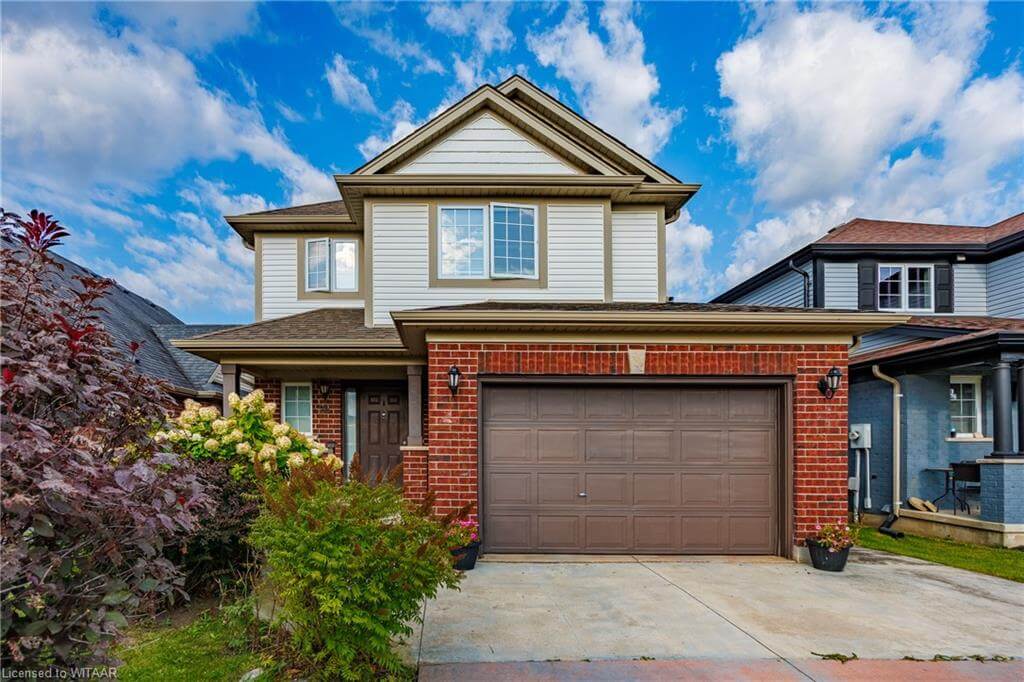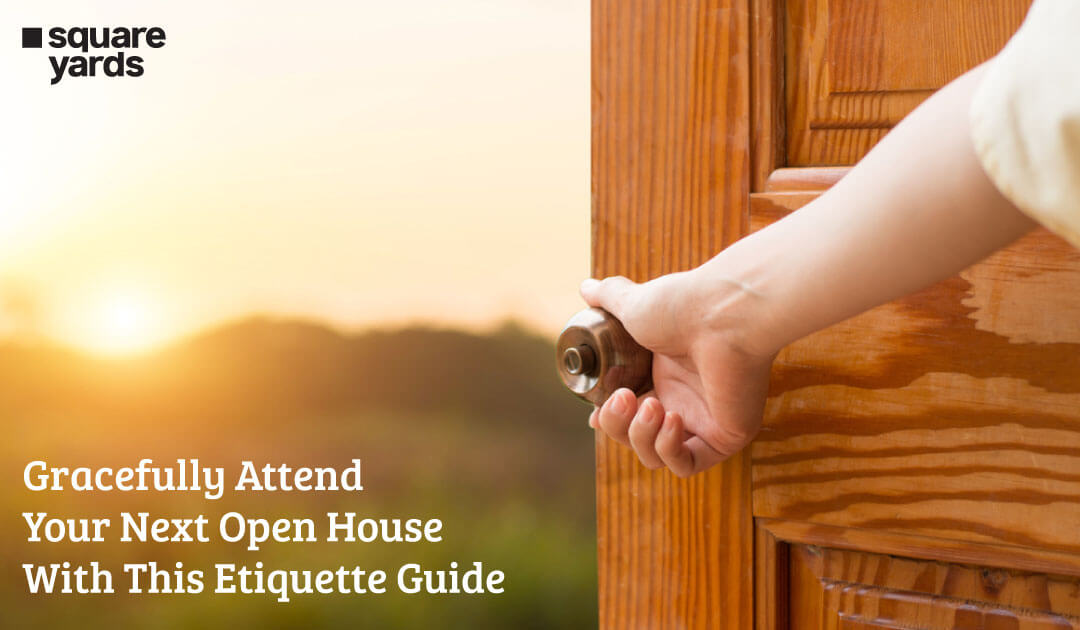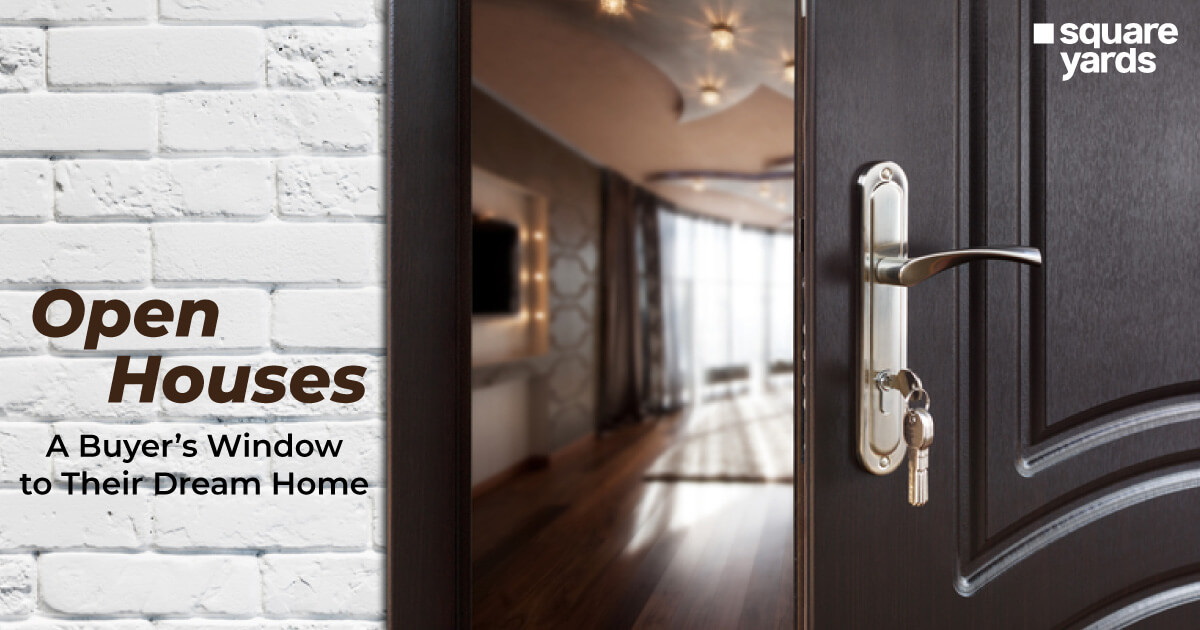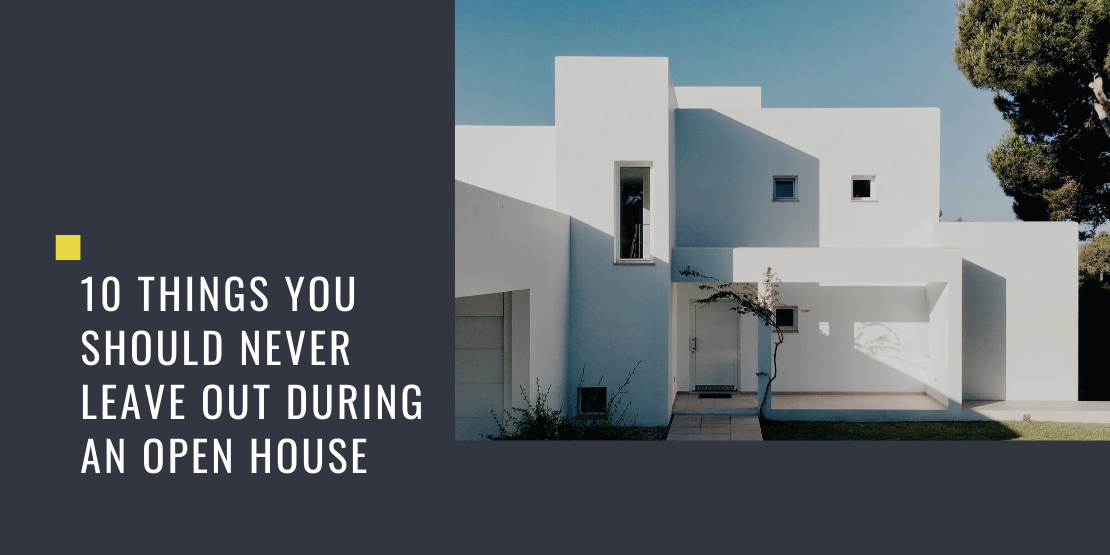Open houses are an age-old tradition in the market that many swear by, but does it still hold the same value in the digital world where everything is virtual? Some argue it’s the best way to attract potential buyers, while others feel it opens the door to more risks than rewards. Allowing potential buyers to explore homes without the pressure of immediate commitment. However, as the market evolves, the effectiveness of hosting an open house has sparked considerable debate. The “Open House Debate”. Is it still a powerful marketing tactic, or have digital alternatives made it outdated? In this blog, we’ll break down the advantages and drawbacks of hosting an open house, uncovering what makes it both a timeless tactic and a tricky decision. By the end, you’ll have the clarity you need to decide if it’s the right step for you.
What is an Open House and How Does It Work?
An open house is a real estate event where a property is open to the public for viewing, usually without an appointment. The purpose is to invite as many potential buyers as possible to explore the home in a casual, low-pressure setting. It allows people to envision themselves living there. Here, visitors get a real sense of the space beyond what photos or virtual tours can show.
For sellers, hosting an open house can create buzz around the property and possibly draw in unexpected buyers who wouldn’t have scheduled a private tour. It’s a way to showcase the home’s best features, interact with potential buyers face-to-face, and receive immediate feedback. In many cases, real estate agents organise and manage the event to guide visitors through the house and answer questions.
Though open houses are usually scheduled on weekends for convenience, they can be held at any time to suit the seller’s needs. The event is typically advertised through signs, online listings, and social media to attract as many visitors as possible.
The Advantages of Hosting an Open House

Before deciding whether to host an open house, it’s important to consider the key advantages that could make it a valuable part of your selling strategy. Here are the major benefits:
You Attract Unexpected Buyers
One of the biggest advantages of hosting an open house is the ability to attract buyers you may have yet to anticipate. Often, people casually walking by or someone who hadn’t considered buying a home can sprawl into an open house and fall in love with the property. In fact, real estate experts note that 20-30% of open house visitors are those who weren’t initially searching for a home, making it a unique opportunity to expand your buyer pool.
-
- Walk-in Visitors: Unlike private viewings, open houses allow anyone to walk in without prior appointments. This increases the chances of drawing in potential buyers who wouldn’t have contacted the seller or agent.
- Curiosity Converts: Sometimes, neighbours or passersby might stop in out of curiosity. While they may not have initially planned to buy, the relaxed environment and home features can encourage them to consider the property.
Increased Awareness
Hosting an open house helps to increase your property’s visibility. By promoting the event online, using yard signs, and leveraging social media platforms, you can generate a lot of buzz in a short period. For example, in highly competitive markets, a well-promoted open house can easily double the number of people who view the property, giving it a much larger reach than a typical private showing.
-
- Wider Exposure: An open house lets you promote your property on multiple channels, such as social media, real estate websites, and physical signs. This increases visibility and awareness among a broader audience, especially in highly competitive markets.
- Creates Urgency: Hosting an open house can also bring multiple interested buyers together, which generates a sense of urgency and competition. It’s not uncommon for buyers to feel more motivated to make an offer after seeing other people show interest in the same property.
Immediate Feedback
Potential buyers who visit your home during amnn open house provide real-time feedback, which can be incredibly valuable for sellers. This immediate feedback helps sellers stay flexible and responsive to market preferences, increasing the chances of selling quickly.
-
- Honest Opinions: Since the event is more casual, buyers often feel more comfortable sharing their honest opinions about the property. They might comment on the layout lighting or even offer suggestions for improvements. The provided useful insights help you make adjustments before a serious buyer comes along. For example, if several visitors mention that the kitchen needs updating, you’ll know where to focus any last-minute renovations.
- Opportunity for Improvement: Sellers can use this feedback to make small improvements or adjustments before serious buyers request private tours. If several people mention an issue, like outdated fixtures or colour schemes, you’ll have the chance to make fixes to improve the home’s appeal.
Potential Risks of Hosting an Open House

While there are clear benefits, hosting an open house also comes with its fair share of risks. It’s essential to weigh these potential drawbacks before making your decision:
Security Issues
One of the major concerns with hosting an open house is the security risk. When you open your home to the public, you can’t always control who walks in. While most visitors are genuinely interested buyers, there’s always the chance that someone may have other intentions. Items like small electronics, personal belongings, or even sensitive documents could be at risk if left out during the open house.
-
- Risk of Theft: According to a real estate expert study, while not incredibly common, theft during open houses is a real concern that sellers must consider. Hosting an open house means several people will walk through your home, often without constant supervision. This creates the possibility of theft or damage, particularly if valuable or personal items are not properly secured.
- Safety Measures: To minimise the risk, it’s recommended that sellers store away valuable items, lock up important documents, and keep an inventory of personal belongings. In some cases, homeowners may even consider installing temporary security cameras during the open house to monitor foot traffic.
Attracting Unqualified Buyers
While open houses attract many visitors, not all will be serious buyers. Hosting an open house often means you’ll get a mix of people. Some are genuinely interested, and others may simply be curious or not financially ready to buy. This can be frustrating for sellers hoping for serious offers and spending time with unqualified buyers instead.
-
- Casual Shoppers: Many visitors to an open house might not be actively searching for a home or may be in the early stages of their home-buying journey. They may visit just to explore the market or see how much homes are selling for in the area, without any intention of making an offer.
- Time and Energy: Dealing with unqualified buyers can take time and energy, especially when the seller hopes for a quicker sale. If the majority of visitors are not serious about buying or need to meet the financial requirements to make an offer, this can lead to frustration.
Potential Damage
When many people visit your home in a short time, there’s always the risk of intentional or accidental damage. Foot traffic can wear down flooring, children may accidentally knock things over, or doors and windows could be left open. This might lead to damage or extra cleaning afterwards.
-
- Wear and Tear: Open houses invite many people to walk through your home, which can cause wear and tear on carpets, flooring, or even furniture. In extreme cases, items may be accidentally broken, or the property may require extra maintenance after the event.
- Extra Maintenance Costs: After hosting an open house, some sellers find they need to invest in minor repairs or cleaning to get the property back in pristine condition. While this isn’t always a huge expense, it’s something to consider when deciding whether an open house is worth it.
Should You Join the Open House Debate?
Ultimately, deciding whether to host an open house depends on your goals and comfort level. The open house debate continues, with some seeing it as a valuable tool if you’re looking to generate buzz, attract unexpected buyers, and receive immediate feedback. However, you’ll need to weigh the potential risks, like security concerns, unqualified visitors, and possible wear and tear on your home. The pros may outweigh the cons for some sellers, especially in competitive markets. However, in other cases, private showings and digital marketing might offer a safer and more targeted approach. Ultimately, it’s about choosing the best strategy for your selling needs.
You May Also Read :
|
Explore Virtual Open House |
|
|
Understand Open House Etiquette in Canada |
|
|
Guide To Broker’s Open Houses |
|
|
What is Open Houses in Canada |
Frequently Asked Questions (FAQs)
Are open houses effective in Canada?
Yes, open houses can be effective in Canada, especially in competitive markets. They help increase visibility and attract serious and unexpected buyers, allowing potential buyers to explore the home in person.
What is the new rule for houses in Canada?
In recent years, new rules in Canada have focused on making the housing market more affordable and transparent. For example, the federal government has banned foreign buyers from purchasing residential properties for two years to help cool the market and make housing more accessible to Canadians.
Why should I host an open house?
Hosting an open house can attract more potential buyers, including those who might not schedule private viewings. It helps showcase the home to a wider audience, generates interest, and provides immediate feedback on the property.
Can I sell my house privately in Ontario?
Yes, you can sell your house privately in Ontario without using a real estate agent. This is known as a For Sale By Owner (FSBO) transaction. However, you’ll need to handle all aspects of the sale yourself, including marketing, negotiating, and paperwork.






























